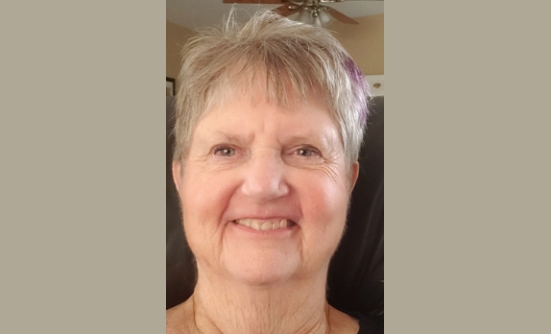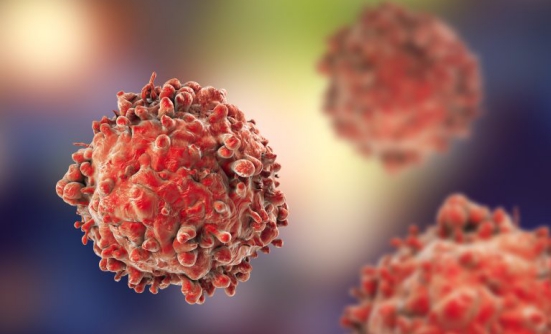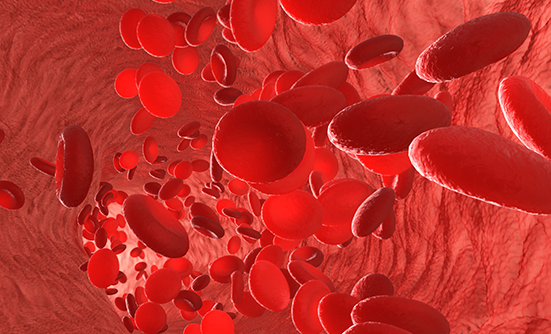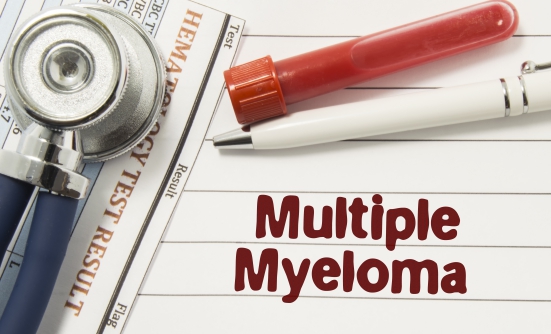Treating multiple myeloma often involves patients taking oral medications at home. Informal caregivers, such as Beverly, are faced with helping their loved one develop new routines around medical appointments, medication delivery, and management of side effects. This is no small feat and can be particularly stressful for caregivers with little or no medical experience.
The feature article provides information on why adhering (taking medications as directed) to treatment regimens is so important. This commentary presents 7 strategies to help caregivers assist their loved one during cancer treatment.
Helpful Strategies for Caregivers
- Attend oncology appointments and education sessions. Consider recording the session and take written notes. Discuss the information with your loved one soon after the appointment is completed. If your interpretations differ, call and ask for clarification
- Keep a list of questions and remember: it is the oncology care team’s responsibility to translate medical information into plain language. If the information has not been presented in a way that makes sense to you, let the provider know so that he or she can explain it differently and provide additional resources, such as printed materials or videos
- Organize important information. National organizations, such as the Leukemia & Lymphoma Society, the American Cancer Society, and the LIVESTRONG Foundation, and pharmaceutical companies offer binders, guidebooks, and calendars to help keep information manageable. Your oncology nurse or nurse navigator can help you obtain these resources
- Manage the practical matters of care. This involves management of prescription refills, insurance claims, and appointment schedules. Initially, these tasks may seem daunting, but many cancer centers have a trained professional who can help caregivers get off to a good start
- Communicate with your loved one. What is helpful? What could be done differently? It is important to work together to find the best possible solutions for managing multiple myeloma treatment at home
- Enlist the support of other caregivers. Caregiver support groups may be available in your area. If not, call counseling and online support groups that are offered through CancerCare (www.cancercare.org) and other national organizations
- Take time out for yourself. Take a walk. Read a book. Have you neglected something that brings you pleasure? Research shows that caregivers who exercise daily are less likely to be stressed, anxious, and depressed than caregivers who don’t
exercise daily
As discussed throughout this special feature, adherence to treatment for multiple myeloma can dramatically affect treatment outcomes. When patients, caregivers, and oncology professionals partner together, caregivers will feel supported in their very important role.
















